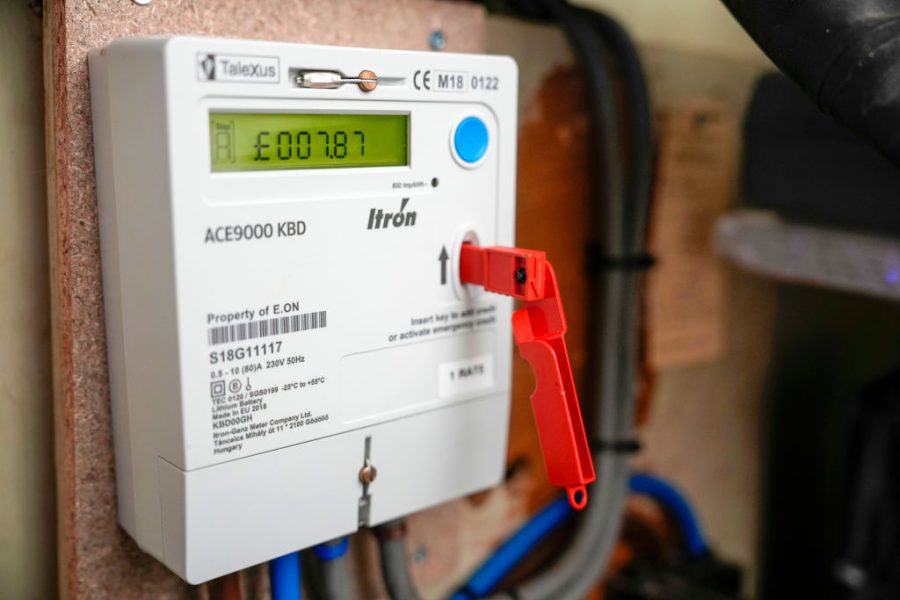The point of a government energy regulator is supposed to be to make sure that the market is working to achieve proper competition. Their other job is surely to keep an eye on the billing practices of energy companies – to make sure, for example, that they are not hoodwinking people into signing up for their services on the basis of incorrect information. But, as has become common with quango arms-length government agencies, Ofgem appears to be trying to broaden its remit.
Ofgem has decided to make a foray into the issue of redistributive taxation. The body has proposed that the standing charges imposed on gas and electricity bills should be varied according to means, with high-income households paying higher standing charges and low-income ones being granted a discount.
As chief executive Jonathan Brearley puts it, Ofgem wants to ‘raise the question of whether there is a more progressive way to pay’. He doesn’t suggest any particular method of achieving this – will customers be charged simply on the basis of the value of their home, or are we all going to have to provide details of our salary, savings and other wealth to our energy companies so they can conduct a full means test? Aside from the privacy objections of the latter, turning utility companies into the DWP is not going to be cheap.
Ofgem’s proposals are objectionable for two reasons. Firstly, we do not elect the boss of Ofgem. Therefore it is wrong that the body should dip its toes into matters of policy which should be the business of parliament. If we are going to have a dash of socialism dropped into our energy bills, the issue ought at least to be discussed in a democratic forum.
Secondly, there is the distorting effect of standing charges themselves. Some people, like Martin Lewis, the MoneySavingExpert man, object to the existence of standing charges altogether. There is a good argument as to why we should be levied standing charges on our utility bills. If you own a second home which you hardly use, for example, the pipes and wires to the property still have to be maintained – and it is only fair that you should contribute to that cost.
But when the standing charge becomes a disproportionately high part of a bill, it disincentivises customers from using the product wisely. We already have this in the 11 million homes (40 per cent of the total) which still have no water meter. All they pay, in effect, is one big standing charge, with no per-unit charge for the water they actually use. As a result, people who only ever boil half a kettle’s worth of water and take a two-minute shower every other day pay exactly the same as people who water their lawn constantly. Is it any wonder that we end up with water shortages which water companies then try to abate through crude forms of rationing such as hosepipe bans?
Likewise, if I end up paying most of my electricity bill in standing charges, I might be tempted to run lights and appliances constantly when I would otherwise have switched them off. If people are forced to pay through the nose purely on account of their high income, some might be tempted to earn some of that money back by setting up a cannabis farm – why not, if the per-unit cost of the electricity is relatively low once you have paid your standing charge?
We have had enough mission creep on the part of government agencies and quangos. Ofgem should keep out of the realm of politics and stick to its fundamental task of making sure utility companies behave honestly.








Comments